It’s been a long time since I sat down to write something. But if one’s part of something magical, then that story needs to be told.
My story begins with the announcement of the Corona lockdown by the Indian government. We all knew it would come one day, but still we were all shocked when it did arrive. Most of us however had stocked up by then. I had provisions to last me two months, I even had 10 days supply of my favourite ice cream in my refrigerator!
The days immediately following the lockdown were strange and filled with anxiety. Suddenly all borders were closed. Flights, trains, buses, everything just stopped. Each day brought new rules, and with it new uncertainties. In my world, everyone was moaning. We couldn’t step out to meet friends. House work consumed all our time. Shops had run out of Maggi Noodles. Everything felt unreal.
These were the problems of those with the luxury of savings and a steady income.
The migration
But what was going on outside our air conditioned homes was very different. The lockdown came like a death sentence to the poor – the majority of whom work as daily wagers, casual labourers, vendors, cab drivers, and domestic workers. Most of them live a hand to mouth existence, having no tomorrow and fighting to live through today. The lockdown took away their jobs in an instant. Migrant workers suddenly found themselves not just away from their villages, but without the money to afford a roof where they were.
And so started the migration. With no money or shelter, poor people across the country started a long and painful walk to their villages, often hundreds of kilometres of away. Groups of families, young children carrying small bundles, parents holding babies and balancing their bags on their heads, were walking with uncertainty ahead and dreams behind.
CORO
A year and a half ago, I started working with a non profit in Mumbai called CORO. No one passing the nondescript CORO office would guess there were supermen and superwomen working inside, doing the impossible. Their mission was to transform society: make it less divisive and casteist, and more inclusive and equal.
CORO’s fundamental philosophy is that societies won’t change unless people drive it from within. And the problem with most marginalised communities is that they don’t question their disempowerment, they just accept it as fate. CORO runs several programmes to help them find their voices. The programmes help them understand their rights, and then go demand what’s owed to them.
A key achievement of CORO is its ability to pick and train grassroots leaders. Being trusted, these leaders wield considerable influence among their people. With training, they become the drivers of change in their communities. And the list of what they’ve achieved is formidable: they’ve helped Dalits access drinking water, forest dwellers reclaim resources, married women stand up against domestic abuse, and single women stand up against patriarchy and claim not just their properties, but also the freedom to make their own decisions. So far, these leaders’ actions have impacted over a million people.
CORO’s lockdown aid
Watching migrant people walk to their villages and seeing the homeless and the jobless reel under the shock of lockdown spurred CORO into action. In no time at all, the team had put together a plan to give these people an emergency hamper – containing rice, flour, pulses, poha, oil, salt, sugar, tea, biscuit, soap and sanitary napkins. They started an online drive to collect funds, reached out to suppliers to buy groceries, arranged volunteers to distribute the kits. The team started the operation in Mumbai, but very soon it moved into rural Maharashtra and Rajasthan. Watching the team has filled my heart with renewed respect and admiration for it.
We knew people would contribute but were blown by the alacrity with which they responded, and also the generosity with which they gave. But as we started giving away the kits, we also realised what a huge number of people need urgent help. Most are already close to starving, and will perish if not helped immediately.
And that is my appeal to all of you out there. The States of India will eventually formulate a plan to help these vulnerable people. But they need help right now. Please help us help them.
To donate, click on this link – https://milaap.org/fundraisers/support-luis-miranda?fbclid=IwAR3ly0Lm2PLp2anw2Cuv6XZmbkRXEgxU65UaeYZJdba2UZtZySZxAXfW3sw

Vidya Kumaraswamy
Vidya was the founding editor of Moneycontrol.com, India's largest financial news website. That was her previous life, now a part-time baker, cook, traveller, Vidya believes there is only one truth in this world: there is a reason why Desserts spelt backwards is STRESSED.
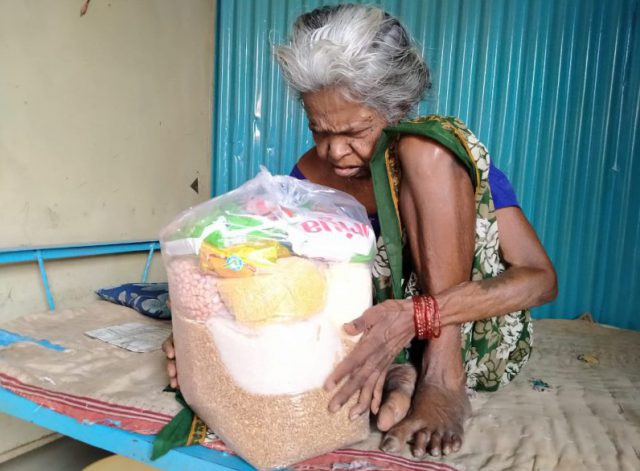
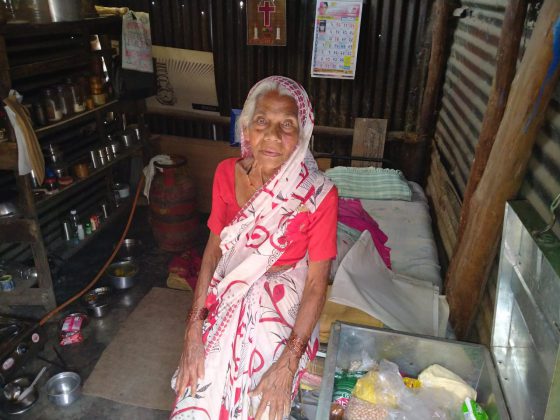
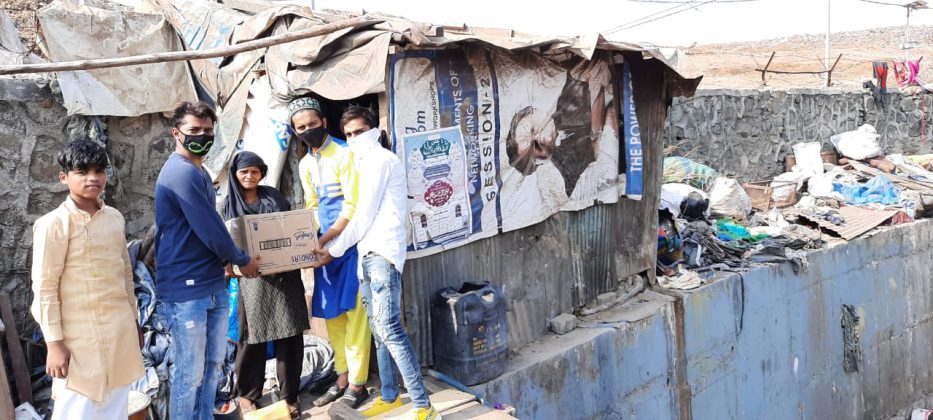
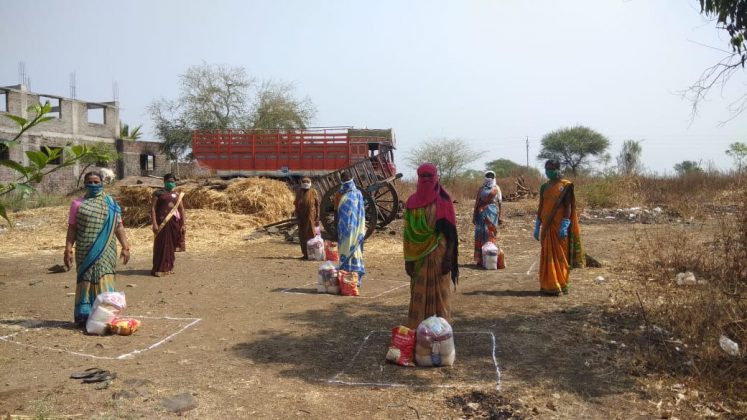
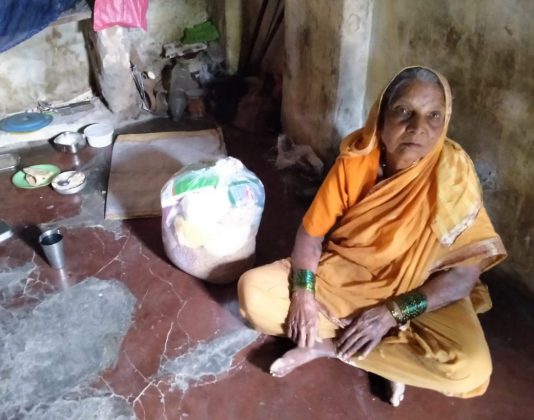
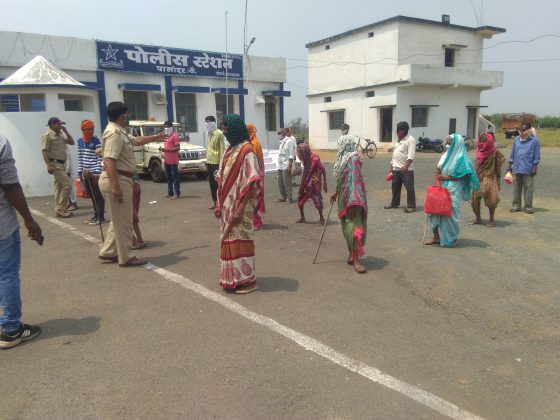
![Powerful Pride documentary Legendary Children [All Of Them Queer] streaming very soon](https://globalindianstories.org/wp-content/uploads/2025/06/Legendary-streaming-release-featured-238x178.jpg)



![Powerful Pride documentary Legendary Children [All Of Them Queer] streaming very soon](https://globalindianstories.org/wp-content/uploads/2025/06/Legendary-streaming-release-featured-100x75.jpg)

